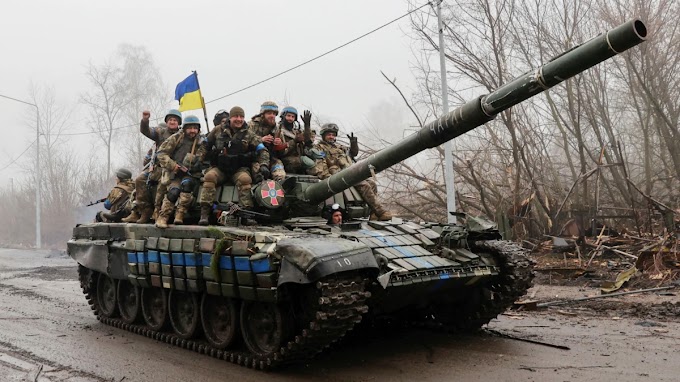This week marks six months since the start of Russia’s latest invasion of Ukraine.
The resulting war has dominated international headlines, disrupted global supply chains and galvanized a new spirit of solidarity in the West. For many Europeans, the moment marked a “turning point in history” — as German Chancellor Olaf Scholz declared in the early weeks of the conflict.
The stark moral dimensions of the war — the brazen, destructive Russian advance and the courageous Ukrainian response — led to the scales falling off the eyes of European elites who had sought peaceful accommodation with Russia. What was unleashed was on a scale not seen in the heart of Europe in decades. It definitively ended, as the New Statesman’s Jeremy Cliffe wrote, “the easy optimism of the immediate post-Cold War years.” But, he added, even as we drift “towards something new,” its contours are “still hazy.”
The fog of war is still thick over Ukraine. Beyond the country’s trench-strewn landscapes and blockaded, battered coastal cities, a clash of ideologies, even of visions of history, is still playing out. In their refusal to bow to Russian President Vladimir Putin’s neo-imperialistic ambitions, Ukrainians see themselves on the front line of a global war between democracy and autocracy. That’s a vision echoed by their backers in the West, including President Biden himself, who declared in March that Ukraine was waging a “great battle for freedom … between liberty and repression, between a rules-based order and one governed by brute force.”
UNHCR's @kellytclements visited Ukraine this past week, nearly six months into the war.
— UNHCR, the UN Refugee Agency (@Refugees) August 21, 2022
What she witnessed was dramatically escalating needs and ongoing recovery efforts as winter quickly approaches the region. pic.twitter.com/hPIuOG8nzo
Putin, of course, sees it all differently. Russia’s army poured across its neighbor’s borders on Feb. 24 after he delivered a now infamous speech. It was steeped in historical grievance and revisionism, and cast Ukraine as an artificial nation whose “Nazi” regime was a pawn of the West. Putin raged at NATO’s expansion into Eastern Europe and warned of an “anti-Russia” emerging in territories that were “our historical land.” This would not do; bringing Kyiv, Ukraine, to heel wasn’t just about checking Western influence, but redeeming the tragedy of the fall of the Soviet Union, which, Putin said, disrupted “the balance of forces in the world.”
(credit: washingtonpost)








What do you think? Please let me know.